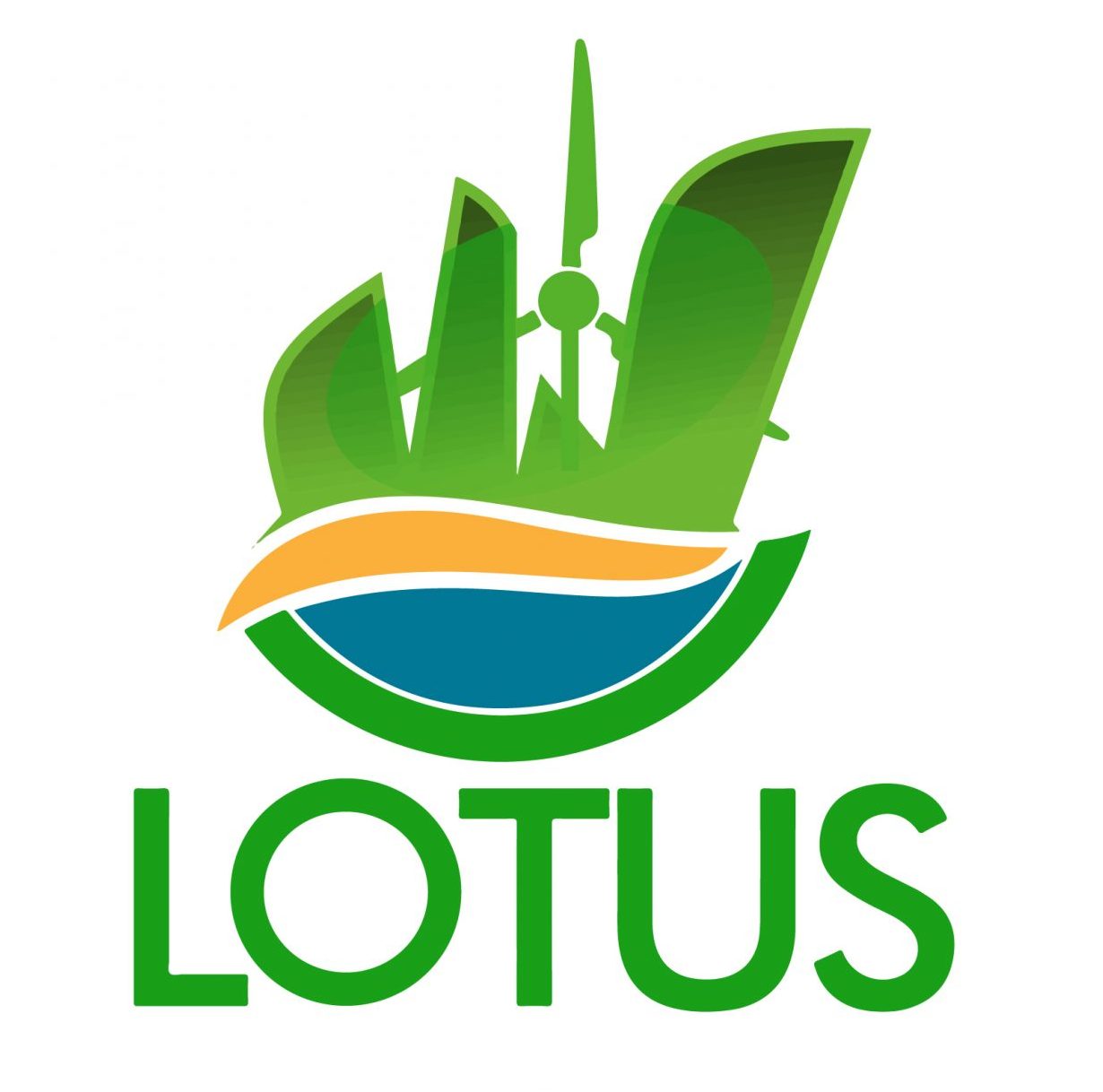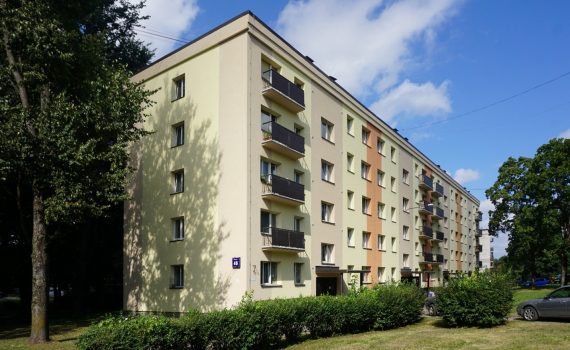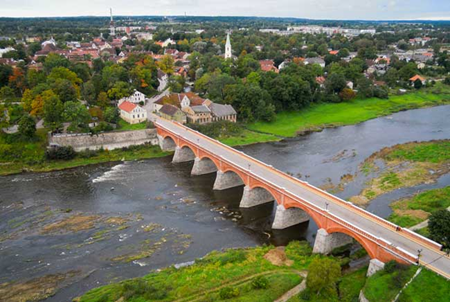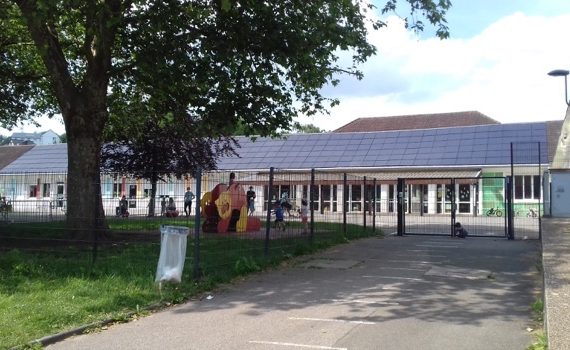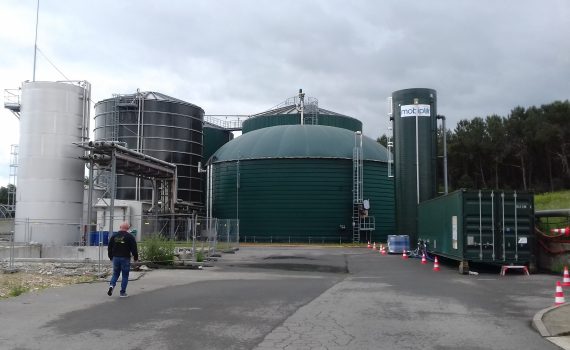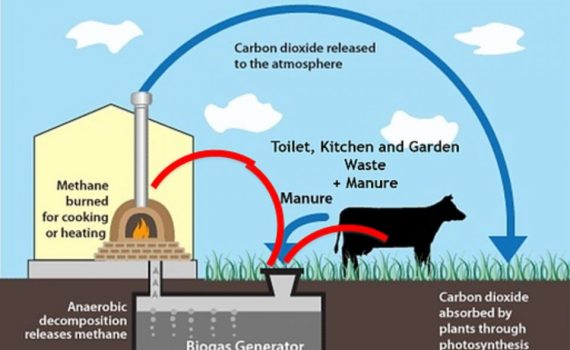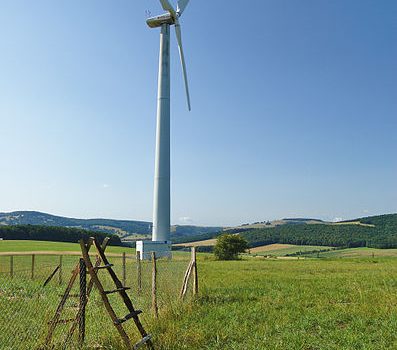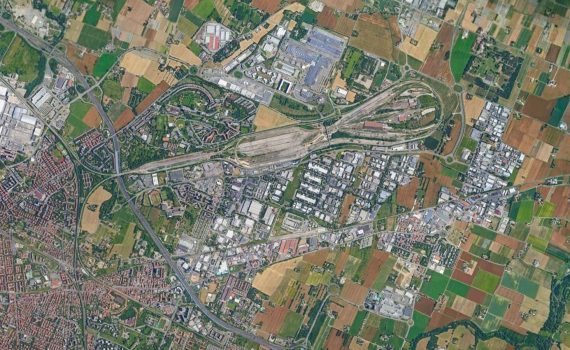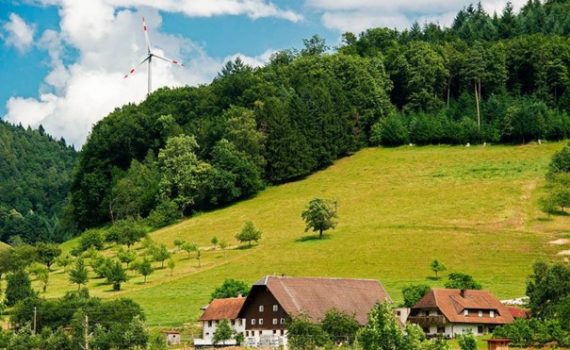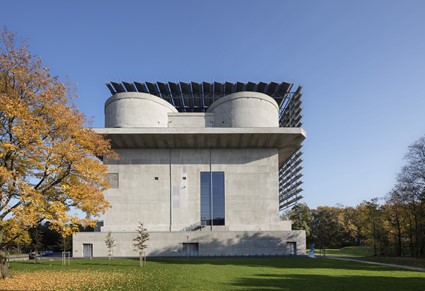The case study of Riga, the capital of Latvia, illustrates a planned approach to improving the energy efficiency of the existing building stock. The most significant part of the city’s building stock in terms of numbers is the large-scale housing estates, a legacy of the Soviet era. In contrast, the […]
Use Cases
Kuldiga municipality (in Latvian – Kuldīgas novads) is located in the middle of a vast and very sparsely populated (12.6 people/km2) traditional agricultural and forestry region of Courland (in Latvian – Kurzeme) of Republic of Latvia (hereinafter – Latvia, population -1.89 million). The middle-size (population – 10,710 people) historical regional […]
In this case study, we explore the structuring and implementation of sustainability projects in Malaunay, as an overall top-down strategy, with an initial focus on energy savings and the reduction of energy bills. The scope of actions was gradually expanded to include environmental issues more generally. Malaunay is small a […]
This case study follows the implementation of projects in favour of local energy autonomy in Le Mené, which began as a bottom-up initiative and gradually transformed into a municipal self-sufficiency strategy. Le Mené is a small municipality of 6500 inhabitants, which is located in the Côtes d’Armor department, halfway between […]
The Czech Republic, due to its geographical position and climate conditions, is not optimal for utilising intermittent renewable energy. That’s why many renewable energy projects focus on utilising biowaste and biomass. These renewable energy resources have a great potential. However, they must be used responsibly towards the environment to avoid […]
This case study is located in the border region between the Czech Republic and Poland with a unique landscape of fields, meadows and forests, affected by the proximity of the Jizera Mountains. This village invested financial resources in renewable energies (wind turbines, solar energy, biomass, solar thermal, heat pumps) and […]
The “Peccioli System”, started in the late 90s, is considered an exemplary case in the national context as a model of local development in relation to three main aspects: the initial turning point in transforming an environmental problem into an opportunity for the development of the territory, the gradual transition […]
The “GECO project” has been launched in 2019 to implement the first neighborhood energy community in the city of Bologna (Italy) and is still ongoing. The project supports the role or prosumers in the community production, distribution and self-consumption of renewable energy by explicitly focusing on the involvement of residents, […]
The case study of the village of Freiamt (Germany) is an example of a bottom-up local energy transition process. The process started in 2000 and was triggered by national law. Citizens’ initiative is the main driver of the process. Freiamt citizens founded three companies which build several wind turbines and […]
The case study Klimaschutzkonzept Erneuerbares Wilhelmsburg focuses on the district of Hamburg-Wilhelmsburg, Germany as an urban area and its development from a neglected district to a field test for local renewable energy production. The Internationale Bauausstellung (IBA = International Building Exhibition) plays a significant role here, due to the initiation […]
